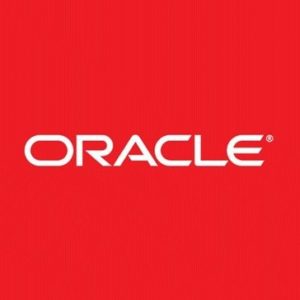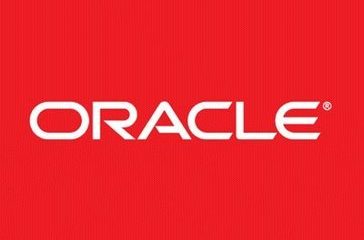Cash Management Platforms are integral to the financial ecosystem, serving as indispensable tools for businesses and banks. They are software solutions that help manage, control, and optimize cash handling. Cash management platforms are designed to streamline and automate the processes of handling money, such as payments, collections, liquidity management, and financial risk management. They are crucial in ensuring financial efficiency and security while facilitating compliance with evolving financial regulations.
Importance of Cash Management to Banks
Effective cash management is paramount in the dynamic world of banking. Banks, credit unions, and other financial institutions rely on cash management platforms to balance their inflows and outflows, optimize their liquidity, and mitigate financial risks. These platforms enable them to track cash flows in real-time, make informed business decisions, and offer comprehensive cash management services to their customers. In addition, cash management platforms support banks in safeguarding against fraud, complying with regulatory standards, and improving overall operational efficiency.
Evolving Trends and Outlook
Cash management is currently witnessing a transformative phase driven by rapid technological advancements, changing customer expectations and the rising importance of data-driven insights. The outlook for cash management platforms is primarily centered around digitalization and automation. Real-time data processing, predictive analytics, artificial intelligence, and blockchain technology are key trends shaping the future of cash management platforms. These platforms are also expected to become more integrated and collaborative, focusing on providing holistic financial management solutions.
Key Features and Functionality of a Modern Cash Management Platform
A modern cash management platform typically offers comprehensive features and functionalities. Real-time visibility into cash flows is one of the most essential features. The platform should provide instant access to accurate and up-to-date information on cash balances across all accounts and locations. This helps in making timely and informed decisions.
Advanced analytics and reporting capabilities are another critical feature. The platform should be capable of generating in-depth insights into financial performance, identifying trends, and predicting future cash flows. It should offer customized reports to cater to the unique requirements of different businesses.
Automation is a defining feature of modern cash management platforms. It reduces manual interventions, minimizes errors, and enhances efficiency. This involves automating routine tasks like reconciliations, payments, and collections.
Finally, robust security measures are critical. The platform should employ advanced security technologies to protect sensitive financial data and transactions. It should also ensure regulatory compliance, adhering to the stringent standards set by financial authorities.







